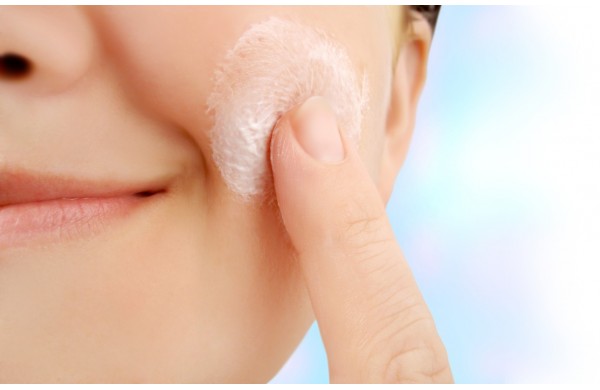Harsh winter winds, low humidity, and dry indoor heat combine to create a perfect storm resulting in dry skin during the winter months. Skin becomes uncomfortably dry, which can lead to flaking, bleeding, cracking, or skin condition flare-ups like eczema. Taking additional steps to moisturize your skin helps protect it from the damage done by cold winter weather. Elevate your winter skin care to maintain healthy, comfortable skin with these simple tips.
Use Appropriate Moisturizers
The moisturizers used during the winter should be stronger than those used during the rest of the year. Look for oil-based products, because the oil forms a protective layer that traps moisture, keeping the skin moister than a regular lotion or cream. Lotions marked as “night creams” are often oil-based. Pick a moisturizer with care, though, because not all oils should be used on the face; some contribute to clogged pores and breakouts. Primrose oil, avocado oil, almond oil, and mineral oil are considered “nonclogging” oils and are good choices for use on the entire body. People who experience frequent breakouts may want to completely avoid oils and instead choose a lotion containing lipids. An emollient moisturizer can help those with extremely dry skin because it seals in moisture, and you can apply an additional moisturizer on top.
Apply Sunscreen
People often forget about sunscreen during the winter because it is associated with the hot sunshine of summer. However, the winter sun also damages skin, particularly in combination with snow glare. Slather sunscreen on any exposed skin 30 minutes prior to going outdoors, then reapply often while you are outside. People sometimes use tanning beds to try to make up for makeup for a lack of vitamin D during winter, but tanning beds should be avoided. Any temporary gains are far outweighed by the damage done to your skin.
Skip Hot Showers
Long, hot baths and showers feel wonderful during the cold days of winter, but they are tough on your skin. Hot water disrupts the skin’s lipid barriers and strips away important oils, causing moisture loss. Choosing warm water and taking shorter showers and baths is a much better approach for your skin. Dry, itchy skin may find some relief from a warm (but not hot) Hydrating Herbal Bath.
Wear Gloves
Your hands have thinner skin than most of your body, and it is more difficult to keep them moisturized. Wearing gloves while outdoors protects them from the harsh cold weather. Just make sure to keep your gloves dry because wet gloves can cause irritation, which may lead to itching, sores, cracking, or flare-ups of eczema. The same applies to your socks; keep your socks and feet dry to prevent irritation and other problems.
Seek Professional Assistance
Visiting a dermatologist offers a number of benefits. They can determine your skin type and then recommend skin care products that are likely to work well for you, as well as let you know which you should avoid. They can also troubleshoot your skin care routine. If you boost your winter routine to take proper care of your skin and are still experiencing problems, then seeking professional help is especially important. Dry skin is sometimes caused by another condition that needs different treatment. Your dermatologist will determine if that is the case or if you need a prescription lotion or just to try a different treatment.
Harsh winter weather makes keeping your skin moisturized a challenge. However, with a little extra time and effort, you can protect your skin throughout the cold months and keep it healthy and comfortable.

